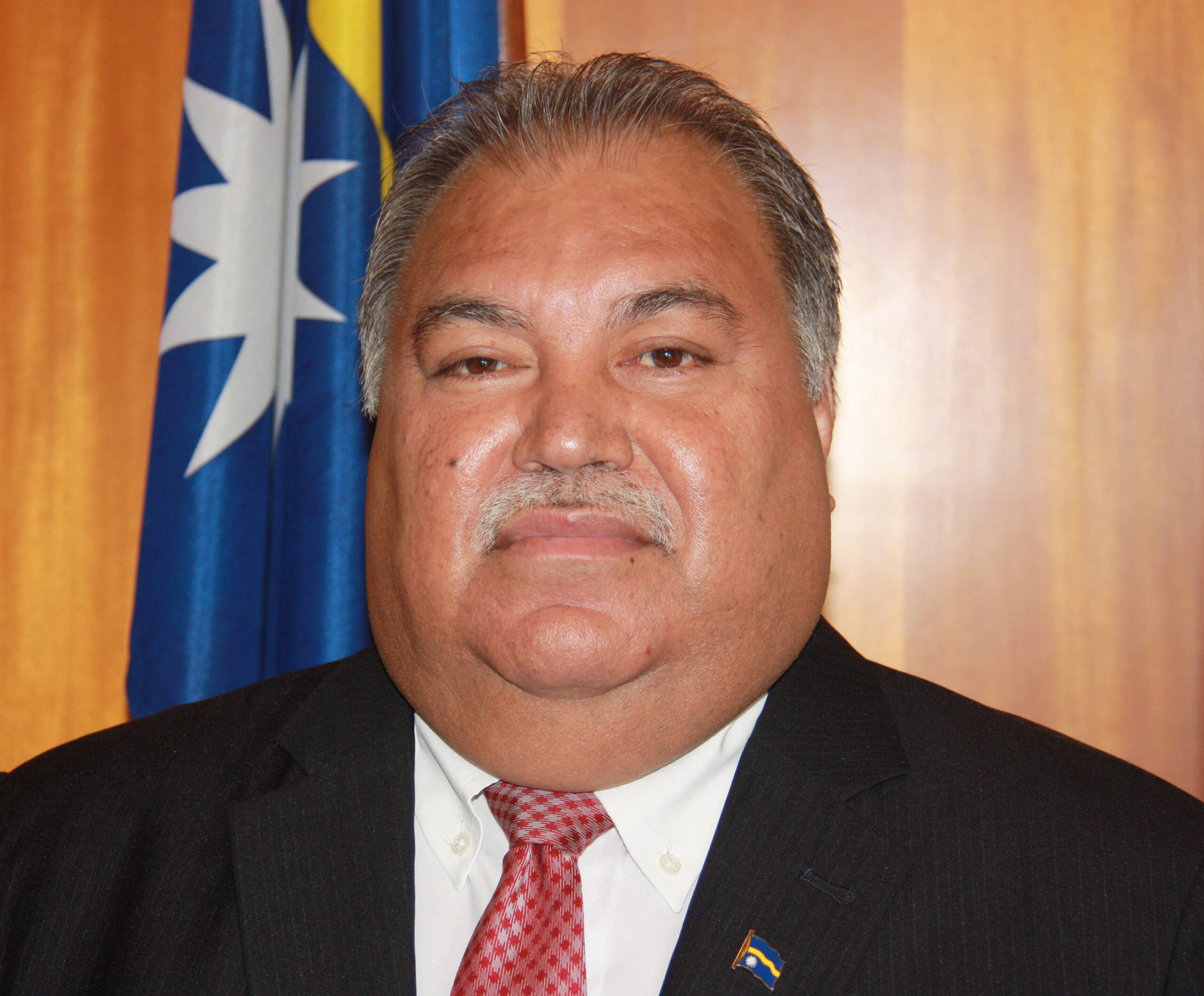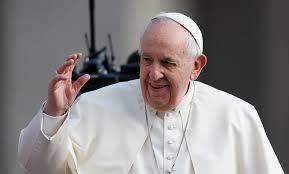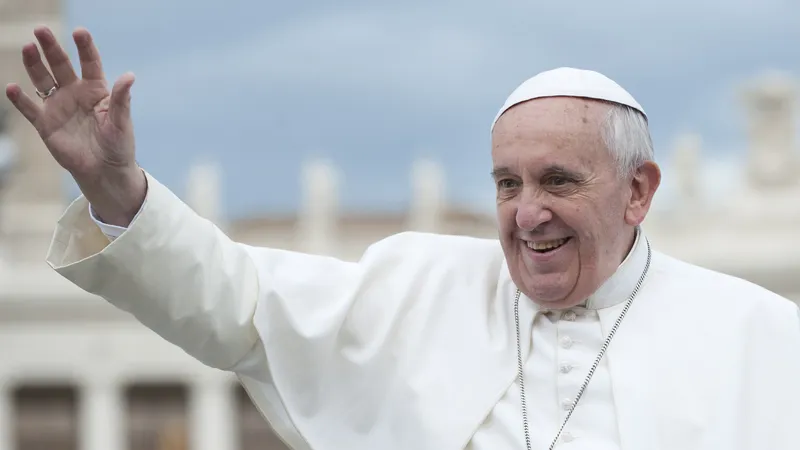Former Nauru President Baron Waqa
FORMER Nauru President Baron Waqa, who held office from 2013 to 2019, has faced allegations of corruption during his tenure. These accusations have prompted concerns regarding the transparency and integrity of governance in the Pacific Island nation. In this article, we will outline a list of the main accusations against Waqa, shedding light on the various issues that have been brought to the forefront.
Accusations of Waqa’s corruption include, but are by no means limited to:
- Mismanagement of Nauru’s Wealth: One of the primary accusations against Waqa is the mismanagement of Nauru’s income from phosphate mining and offshore banking. Critics argue that despite the significant revenue generated by these industries, the benefits were not adequately distributed among the Nauruan people or invested in critical infrastructure, education, or healthcare.
- Allegations of Bribery: There have been allegations that Baron Waqa accepted bribes from foreign entities or individuals. While specific details and evidence may be murky, this accusation has raised concerns about the influence of external forces and potential conflicts of interest.
- Questions Surrounding Nauru’s Immigration Policy: Waqa’s administration faced international criticism for its harsh immigration policies, particularly the controversial detention center established in collaboration with Australia. Concerns were raised about the mismanagement of funds allocated for the center’s operation and the alleged exploitation of asylum seekers.
- Suppression of Freedom of Speech: There are allegations that the Waqa government sought to stifle dissent and suppress freedom of speech, particularly by targeting journalists and activists critical of the administration. Such actions undermine the principles of democracy and transparency.
- Electoral Manipulation: During Waqa’s tenure, there were allegations of electoral manipulation, including claims of gerrymandering and irregularities in the voter registration process. These accusations suggest a potential erosion of democratic processes and fair representation.
- Lack of Accountability and Transparency: Critics have accused the Waqa administration of lacking accountability and transparency in its decision-making processes. This includes limited public access to information, limited financial disclosure, and inadequate checks and balances.
- Questionable Business Deals: Baron Waqa was also accused of engaging in dubious business deals that raised concerns about potential conflicts of interest and self-enrichment. Some critics argue that these deals were conducted without sufficient scrutiny or transparency.
The corruption accusations against former Nauru President Baron Waqa have cast a shadow over his tenure. While it is important to note that these are allegations and not proven facts, the existence of multiple accusations raises significant concerns about governance, transparency, and accountability in Nauru.
The allegations listed above highlight the need for a thorough and impartial investigation into possible wrongdoings during the Waqa administration. It is crucial to address these concerns to restore public trust and ensure the future integrity of Nauruan leadership.
Moving forward, it is imperative for Nauru’s government to prioritize good governance, transparency, and accountability to strengthen the democratic processes and rebuild the nation’s reputation on the global stage.












